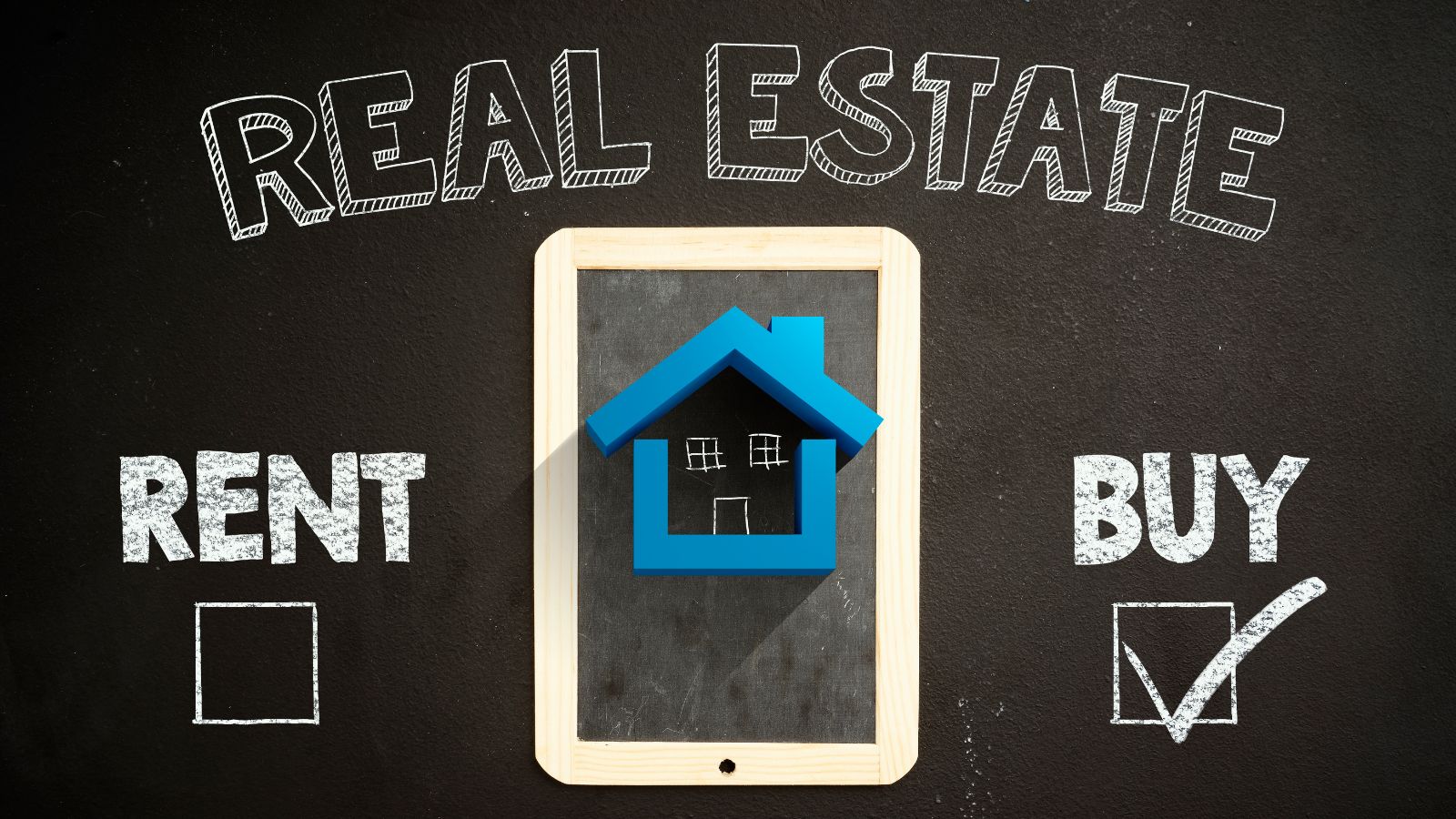Imagine waking up every day in a home you’ve come to know, love, and cherish, with the added satisfaction of calling it your own. For countless renters, this dream may seem just out of reach. But what if the path to homeownership was already under your feet? Buying the house you rent can be an exciting journey with unique advantages. Here’s what you need to know about owning the home you’re renting.

Unlocking the Advantages: Why Buying Your Rental Home is a Smart Move
The journey from renter to homeowner is both exhilarating and daunting. Yet, when the house in question is already your home in all but name, there are undeniable advantages that can simplify this transition. By understanding these benefits, prospective buyers can make informed decisions rooted in experience and foresight.
Living in Tried-and-True Comfort: Familiarity with the Property
Every home has its unique character, rhythm, and set of quirks. As a renter, you’ve had the privilege of getting to know the ins and outs of your dwelling without the commitment of ownership. This understanding eliminates the surprises of moving into a previously unoccupied space. You’re already aware of the nuances, from how the morning light fills the bedroom to the seasonal behaviors of the garden. This intrinsic connection offers peace of mind, ensuring your investment is in a property whose charm and challenges you’re well-acquainted with.
Neighborly Bonds: The Value of Established Relationships
One often overlooked advantage of buying the home you rent is the deep-rooted relationships you’ve formed with your neighbors. Over time, these bonds have evolved from simple hellos to shared moments, mutual support, and lasting memories. Relocating elsewhere means leaving behind a physical space and detaching from a community that’s become an integral part of your daily life. Moving away might mean missing out on spontaneous gatherings, trusted babysitters, or just the comfort of knowing someone’s watching your back. Buying your rental home ensures you remain embedded in this cherished community, continuing to nurture these priceless relationships.
Smooth Sailing Ahead: Potentially Simpler Negotiation Process
Walking into a negotiation with prior knowledge can be a game-changer. Unlike typical real estate transactions where both parties start from scratch, buying your rental house can offer a more straightforward negotiation trajectory. You’ve likely already built rapport with your landlord, and both parties have a shared interest in a smooth transition. Moreover, having firsthand experience with the home allows you to discuss its value with authenticity, potentially leading to a more favorable purchase agreement.
Pack Your Worries Away: No Moving Costs or Transitional Hassles
The logistical challenge of moving can be both mentally and financially taxing. Beyond the obvious savings on moving trucks or professional movers, staying put has a deeper, intangible value. The stress of packing, the potential damage to belongings, and the transitional period of settling into a new space are all eliminated. Instead, you can focus your energy and resources on transforming your familiar space into a reflection of your ownership.
A Relationship Worth Banking On: Existing Relationship with the Landlord
Building trust takes time. Having an established relationship with your landlord can significantly streamline the home-buying process. This mutual understanding can lead to more open communication, negotiation flexibility, and potential financing options. While it’s crucial to maintain professionalism and ensure all interactions are legally sound, the foundation of trust can make the transition from tenant to owner more collaborative and less contentious.
Navigating the Hurdles: Disadvantages of Buying Your Rental Home
Purchasing the house you currently rent offers many conveniences and comforts. However, like any major decision, it comes with challenges. Recognizing these potential pitfalls is crucial for making a well-informed decision.
Stuck in a Comfort Zone: Lack of Market Exploration
One potential downside to buying the property you’re renting is the inadvertent limitation on exploring other housing options. By focusing solely on the current rental, buyers might miss out on homes that better suit their needs, offer superior amenities, or provide a more favorable financial arrangement.
Financial Factors: Missed Negotiation Opportunities
While familiarity can simplify negotiations, it also leads to potential oversights. Emotional attachment to the home might result in less rigorous price negotiations or a willingness to overlook flaws apparent in a new property search.
The Rose-Colored Glasses: Overlooking Property Shortcomings
Living in a rental can sometimes lead to a subconscious acceptance of its faults. Whether it’s the lack of adequate storage or that room that doesn’t get enough natural light, these overlooked issues can become more pronounced once you transition from tenant to homeowner.
Shouldering the Burden: Taking Over Maintenance and Repairs
Transitioning from a tenant to a homeowner brings the undeniable responsibility of property maintenance. As a renter, when something breaks or needs updating, a quick call to the landlord typically resolves the matter. However, homeownership shifts these obligations directly onto the buyer. This responsibility can mean unexpected costs for repairs, the time commitment for maintenance tasks, and potentially facing a steep learning curve in managing a home’s upkeep.
Potential Stagnation: Missing Out on New Beginnings
Moving to a new place often provides an opportunity for reinvention—a new neighborhood to explore, fresh spaces to decorate, and novel experiences to embrace. By opting to stay in the current rental property, there might be a missed opportunity for personal growth and fresh starts.
Future Resale Considerations: Market Value Impacts
The rental property’s purchase price may not align with its market value without broad market research. This misalignment could pose challenges when it’s time to sell the home, potentially affecting its resale value and profit margins.
While these challenges shouldn’t deter potential buyers, they serve as considerations to ensure a balanced view of the decision at hand.
Treading Carefully: How to Approach Your Landlord About Buying
When contemplating the purchase of your rental home, initiating a conversation with the landlord is paramount. This dialogue establishes the groundwork for subsequent negotiations and formalities. Understanding its intricacies can ensure a favorable reception and enhance the prospects of a positive outcome.
Finding the Right Moment
Timing is pivotal. While there’s no universally perfect moment, it’s wise to approach your landlord during periods free from disputes or issues. For instance, as the lease period concludes and renewal discussions arise, it might present a fitting time. Keeping up with rent and fostering a good rapport throughout the lease can also set a conducive atmosphere.
Preparation and Preliminary Terms
Before voicing your intentions:
- Arm yourself with knowledge.
- Research the home’s market value, factoring in attributes like its age, any renovations, and comparable properties nearby.
- When expressing your interest, present a reasonable figure or price range.
This preparation emphasizes your seriousness and paves the way for detailed financial conversations. While the initial discussion can be verbal, follow up with a written expression of interest for clarity and to maintain a record of your intent.
Expressing Mutual Benefits
Highlighting mutual advantages can make the proposition more appealing. Emphasize the benefits your landlord can gain, such as bypassing the effort of scouting for new tenants, warding off potential vacancies, or a streamlined sales process without enlisting agents or listings.
Introducing Rent-to-Own Agreements
If an outright purchase seems premature or there’s detectable hesitation from the landlord, proposing a rent-to-own agreement can bridge the gap. This scheme allows a portion of your monthly rent to contribute to the home’s future purchase. It assures the landlord of sustained rental income while allowing you to invest in the property. Such an arrangement mandates a comprehensive written agreement detailing the rent-to-own duration, rent allocation, the decided purchase price, repair responsibilities, and exit strategies.
Maintaining Open Communication
Open and transparent communication is the backbone of this endeavor. Be receptive to the landlord’s apprehensions, queries, or counterproposals. Written documentation becomes pivotal here, especially when both parties converge on the terms of the sale. A formal written offer, typically crafted with an attorney or agent’s expertise, should be presented. A binding purchase or sales contract details the sale’s nuances upon mutual agreement.
In the closing stages, written documents, such as the deed, bill of sale, and other affidavits, overseen by a closing attorney or title company, finalize the property’s legal transfer. Given the legal implications, retaining copies of all written communications and agreements is non-negotiable. Additionally, legal counsel is invaluable in drafting and signing, ensuring alignment with local regulations and your best interests.
Transitioning from tenant to homeowner within the same property demands a blend of tact, research, and forthright communication. Approaching your landlord with preparation and understanding of the documented formalities can smooth the path for a successful property transition.

Charting Your Financial Path: Getting Your Finances in Order
Understanding Your Credit Landscape
Your credit score and history form the backbone of any home purchase decision. Before embarking on the buying journey, reviewing these factors is essential. Not only does a favorable credit score increase your chances of securing a mortgage at a desirable rate, but understanding your credit history can also help you address any discrepancies or areas of improvement.
The Assurance of Mortgage Pre-approval
Securing a mortgage pre-approval is more than just a formal step in the home-buying process. It provides a tangible measure of what lenders are willing to offer you, thus defining your budget. Furthermore, it positions you as a serious buyer in the eyes of sellers (or, in this case, your landlord), potentially giving you a negotiation edge.
Building Your Financial Foundation
While the spotlight often shines on the down payment, other costs—such as closing fees, home inspections, and potential immediate maintenance or upgrades—should not be overlooked. Creating a comprehensive budget that accounts for all these expenses ensures you’re not caught off guard and can confidently navigate the financial landscape of home buying.
Harnessing First-Time Homebuyer Opportunities
If you’re venturing into homeownership for the first time, there’s potential support available. Various programs offer incentives like lower down payments, tax credits, or favorable loan terms to first-time homebuyers. Researching and leveraging these programs can alleviate some of the financial burdens and make your journey into homeownership smoother.
You don’t just prepare your finances as a step in the home-buying process; you build your homeownership dreams on this foundation. With meticulous planning and a thorough understanding of available resources, you can confidently transition from tenant to homeowner.
Navigating the Purchase with a Real Estate Agent
The journey from renting to owning the space you live in can seem straightforward, especially when buying from a familiar landlord. However, complexities can lurk in the details, and that’s where the expertise of a real estate agent becomes invaluable.
Guided Expertise
A real estate agent brings a wealth of knowledge about the housing market, pricing strategies, and negotiation tactics. They can provide insights into the property’s fair market value, ensuring you don’t overpay or overlook potential negotiation points.
Efficient Negotiations
While you might have a good rapport with your landlord, emotions can sometimes cloud judgment. An agent acts as an impartial mediator, bridging the gap between tenant and landlord desires. They’re skilled in framing offers and counteroffers in a manner that serves your best interests while still fostering goodwill.
Deep Dive into Contractual Details
Contracts and paperwork in real estate can be overwhelming. Real estate agents understand the intricacies of these documents, ensuring that all terms are clear, fair, and legally compliant. They can pinpoint potential issues in agreements and help rectify them before they become larger problems.
Closing the Deal Seamlessly
The closing phase, often the most intricate part of a property purchase, involves multiple steps and documentation. An agent collaborates with closing attorneys, title companies, and other parties to ensure a smooth and timely close. They guide you through essential steps such as inspections, appraisals, and final walkthroughs to guarantee you overlook no detail.
Post-Sale Support
A good real estate agent remains a resource even after the sale. They can offer referrals for home improvements, provide advice on property taxes, or even assist with future real estate endeavors.
In essence, while the prospect of buying your rented space might appear straightforward, the expertise and support of a real estate agent are irreplaceable. They provide a safety net, ensuring every step aligns with your best interests and culminates in a successful, hassle-free transition from tenant to proud homeowner.
Stepping into Homeownership: Conclusion
The transition from renting a home to owning it is a profound shift, laden with emotions and logistical considerations. It’s a journey that allows you to turn familiar corners and rooms into spaces of lasting memories and financial equity. While the path seems familiar, as it’s the same home you’ve known, the buying process introduces a set of complexities distinct from typical home acquisitions.
However, with diligent preparation, open communication with your landlord, financial prudence, and the invaluable assistance of a real estate agent, you can navigate this unique journey successfully. Every step – from understanding the benefits and drawbacks to aligning finances and closing the deal – ensures a smooth transition.
Ultimately, purchasing the home you once rented offers an opportunity to invest in property and anchor yourself in a space you already love. As you conclude this chapter and step into homeownership, you’re not just securing a piece of real estate but embracing a space filled with familiar comforts and newfound pride.
Contact Jackie Ruden Realty Team
Give us a call today at (435) 272-7710 to set up a time to discuss your current and future real estate goals in regards to buying a home or buying a property in trust. We look forward to working with you to make your goals a reality.





